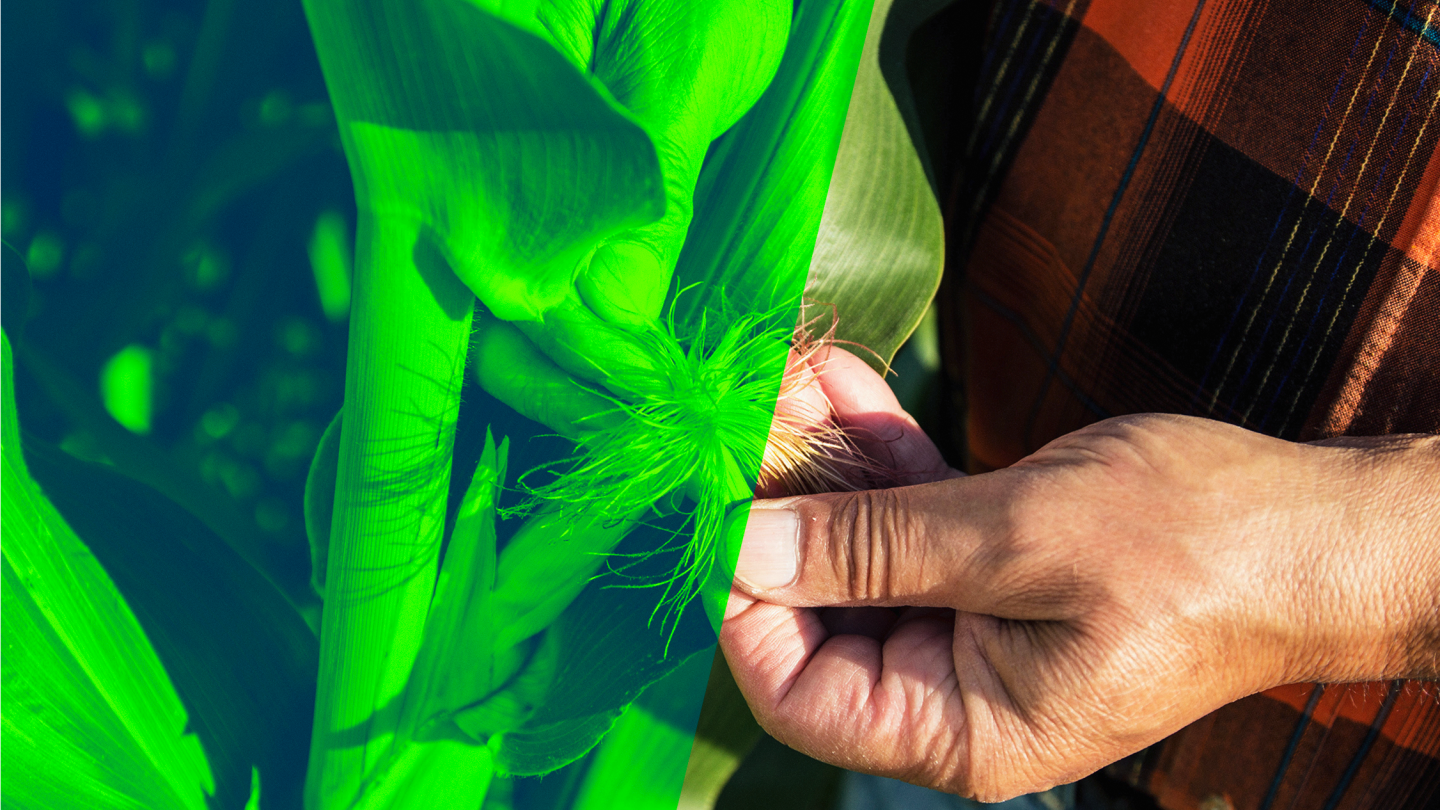The Many Benefits of GMOs

Genetically modified crops (also known as GMOs) have become an essential solution to help farmers around the world grow food more sustainably. And the many benefits of GMOs can be seen well beyond the farm as well, from helping to conserve natural resources to fighting climate change. Read on to find out how innovative GMO crops are driving new opportunities for farms, communities and our planet.


Farmers must overcome many hurdles each season to bring their crops to harvest. Genetically modified crop technology helps them to address these issues they face on their farms—and more.

Genetically modified crop technology enables farmers to adopt more sustainable agriculture practices. This includes innovations like no-till farming, which pulls carbon out of the atmosphere and stores it in the soil where it supports healthier crops. That’s better for crops and the environment. Additionally, because no-till allows farmers to make fewer passes through the field using machinery, they also reduce their fuel use to curb their carbon emissions.

In 2020 alone, GM crops helped reduce greenhouse gas emissions equivalent to removing 15.6 million cars from the road.

Damaging insects, invasive weeds and emerging diseases can have a devastating impact on farmers’ crops. To address this, GMOs provide targeted protection against these specific threats without adversely impacting other organisms or the environment. But it doesn’t end there. In fact, because genetically modified plants are better able to protect themselves, they require less pesticide. That helps farmers save time, fuel and money that they can invest back into their operations.

Insect-resistant genetically modified corn has helped U.S. farmers reduce pesticide use by 90% since 1996.

GMO crops are helping farmers around the world accomplish more with less. That’s because these innovations are specifically developed to use precious natural resources like land and water more efficiently. By enabling farmers to meet the increasing global demand for food on their existing farms, GMO crops are enabling them to preserve rainforests, prairies and other natural habitats.

In 2020, genetically modified crops enabled farmers to protect 23.4 million hectares of natural habitat. That’s an area the size of Vietnam and The Philippines combined.


- Can GMOs Help Protect the Environment? (Infographic)
- How Do GMOS Help Preserve our Habitat? (Infographic)
- How Do GMOs Help Preserve H2O? (Infographic)
- How GMOs and Sustainable Farming Practices Can Improve Air Quality (Infographic)
- How GMOs Help Reduce Food Waste & Loss (Infographic)
- How GMOs Help Improve Soil Health (Infographic)
- GMOA – Let’s talk about GMOs and the Environment (Video)
- FDA – Agricultural Biotechnology: Feed Your Mind
- GMO Answers
Scientific Publications
- Graham Brookes & Peter Barfoot (2018) Environmental impacts of genetically modified (GM) Crop use 1996–2016: Impacts on pesticide use and carbon
- Graham Brookes & Peter Barfoot (2018) Farm income and production impacts of using GM crop technology 1996–2016
- Carpenter JE. (2011) Impact of GM crops on biodiversity
- Graham Brookes & Peter Barfoot (2018) Environmental impacts of genetically modified (GM) Crop use 1996–2016: Impacts on pesticide use and carbon
- Graham Brookes & Peter Barfoot (2018) Farm income and production impacts of using GM crop technology 1996–2016
- Carpenter JE. (2011) Impact of GM crops on biodiversity








